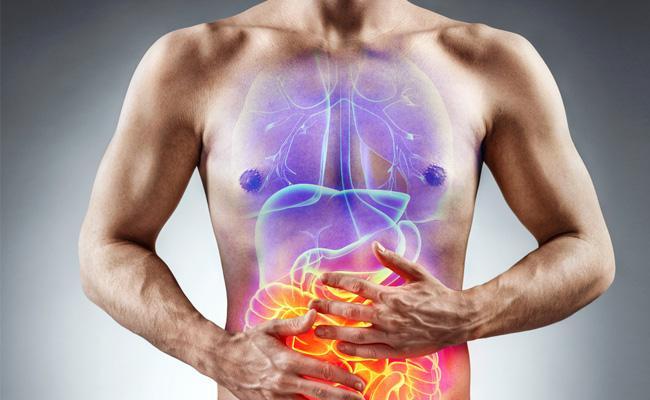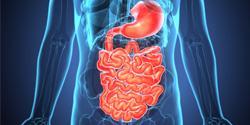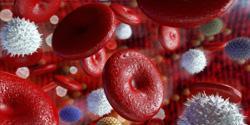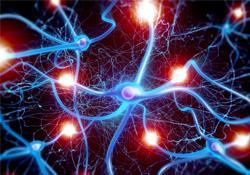The body’s main metabolic functions
Poor quality sleep, mood disorders, fatigue, skin or circulation problems, recurrent infections, musculoskeletal pain... most of these symptoms can be linked to deficiencies of some of the body’s main metabolic functions.
Scientific progress over the last twenty years has made it possible to understand the essential role played by micronutrients. For example, a coenzyme is a common type of micronutrient which is necessary for the optimal functioning of our body.
Any imbalance or deficiency in the body’s intake of micronutrients can disrupt the functioning of the cells which form specific tissues or organs.

The study of Micronutrition is based on an understanding of these mechanisms (known as physiopathology).
Specifically, Micronutrition is concerned with analysing four main functions which are essential for good health.
The digestive tract
This is where the food we eat comes into contact with our cells for the first time.
To ensure that everything works as it should, this ecosystem, in which the microbiota plays an important role, must provide a barrier against pathogens while at the same time allowing good assimilation of all the nutrients in the food.

The brain
From a nutritional perspective, the brain’s primary requirement is for amino acids, derived from proteins, which are used as precursors in the synthesis of neuromediators.
The latter, which are needed for the transmission of nerve impulses, are fundamental to our body’s ability to regulate mood, sleep and behaviour in general. The brain also requires lipids, which are essential components of neurons.

Cell protection
Every day our cells are attacked by free radicals. A sufficient intake of certain micronutrients called antioxidants limits this attack by trapping these free radicals.

Intercellular communication
This function lets our tissues and organs communicate effectively. In this respect, the membrane which surrounds cells is particularly important since it the membrane which allows nutrients and micronutrients to enter the cells and which releases the hormones, neuromediators and inflammatory or anti-inflammatory substances required to keep us healthy.
Cell membranes are made from lipids and particularly from polyunsaturated fatty acids. They control the fluidity and permeability of the cell and the exchanges with its surroundings. We now understand just how important cell membranes are, and particularly the need to provide the body with sufficient omega-3, an essential fatty acid which plays an important role in the prevention of numerous pathologies.

To find out more about the various micronutrients which are essential for good health have a look at The key roles of micronutrients.
